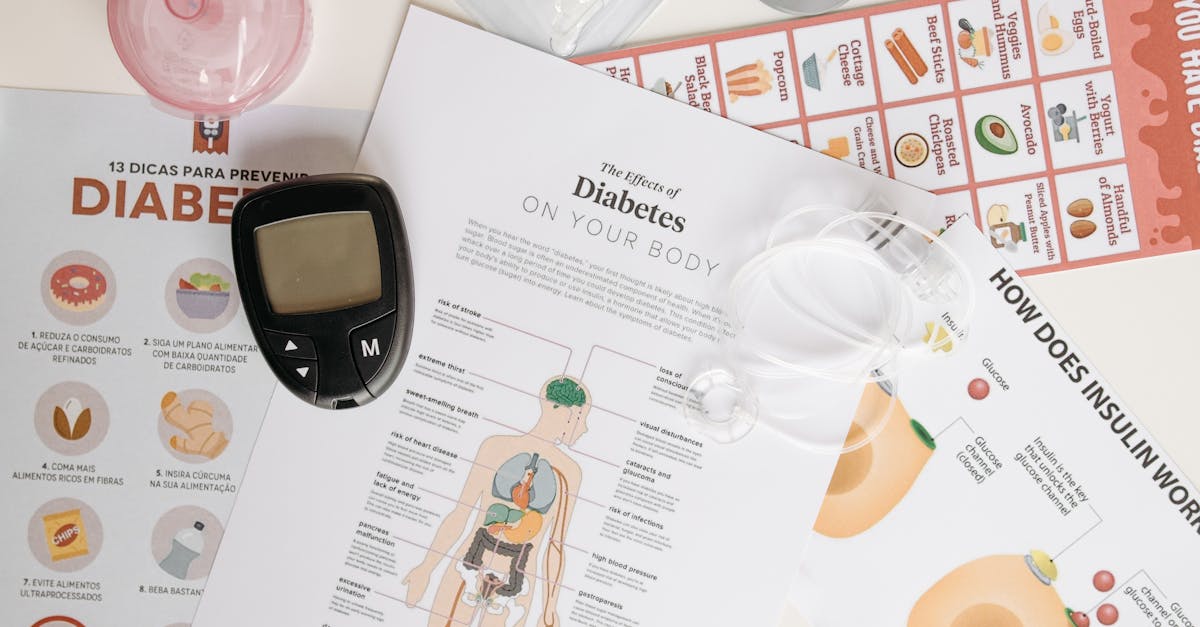Early Indicators of Heart Disease in Women
Introduction
Heart disease is often mistakenly considered a man's disease, but it affects women just as significantly, if not more so. In fact, heart disease is the leading cause of death for women worldwide, yet its symptoms in women are frequently overlooked or misdiagnosed. Recent studies suggest that the symptoms of heart disease in women can be subtle, varied, and often differ from those experienced by men. These differences can lead to delays in diagnosis and treatment, making it crucial for women to understand and recognize the early warning signs. By raising awareness of these symptoms, we can empower women to seek timely intervention and take proactive steps toward prevention, ultimately saving lives and improving health outcomes.
Advertisement
Chest Discomfort
Chest pain is one of the most well-known symptoms of heart disease, but its presentation in women can differ significantly from the classic "crushing chest pain" often described by men. Women may experience discomfort in the chest area that feels more like tightness, pressure, or squeezing rather than sharp pain. This discomfort might last longer and can occur during rest or physical activity.
It’s important to note that some women may not experience chest pain at all, which can lead to misdiagnosis or dismissal of their symptoms. For example, a woman might attribute her chest discomfort to indigestion, stress, or even muscle strain. However, recognizing this as a potential sign of a coronary event is critical. Women should be encouraged to trust their instincts and seek medical attention if they experience any unusual or persistent chest discomfort, even if it doesn’t fit the traditional description of heart attack symptoms.
Advertisement
Unusual Fatigue
Persistent fatigue that doesn’t improve with rest is another common symptom of heart disease in women. Many women report feeling unusually tired in the weeks or even months leading up to a heart attack. This fatigue can be overwhelming and may interfere with daily activities, making it difficult to perform tasks that were once routine.
Unlike typical tiredness, this type of fatigue is often described as a deep, unrelenting exhaustion that doesn’t align with recent activity levels. It can be a sign that the heart is struggling to pump blood effectively, leading to reduced oxygen delivery to the body’s tissues. When paired with other symptoms, such as shortness of breath or chest discomfort, unusual fatigue should be taken seriously as a potential indicator of heart disease.
Advertisement
Shortness of Breath
Experiencing breathlessness after minimal exertion or even while resting can be a red flag for heart problems in women. This symptom is often dismissed as being "out of shape" or a result of aging, but it can indicate poor blood flow to the heart or a buildup of fluid in the lungs due to heart failure.
Women may notice that they become winded after climbing a flight of stairs, walking short distances, or even during routine activities like making the bed. In some cases, shortness of breath may occur suddenly and without explanation, particularly during the night. This symptom, especially when accompanied by other warning signs like chest discomfort or fatigue, should prompt immediate medical evaluation.
Advertisement
Nausea and Dizziness
Feeling lightheaded, dizzy, or nauseous without an apparent cause can be another subtle yet significant symptom of heart disease in women. These symptoms may occur before a heart attack and are often mistaken for the flu, stress, or even pregnancy-related issues.
Nausea and dizziness can result from reduced blood flow to the brain or the heart’s inability to pump blood effectively. In some cases, women may also experience cold sweats or a clammy feeling, which can further indicate a cardiac issue. It’s essential for women to speak with a healthcare provider if these symptoms persist, particularly if they occur alongside other warning signs like chest discomfort or shortness of breath.
Advertisement
Jaw, Neck, Back, and Arm Pain
While men often experience the classic symptom of left-arm pain during a heart attack, women may feel pain in less obvious areas, such as the jaw, neck, back, or even both arms. This pain can be sudden and severe or may present as a dull ache that comes and goes.
The pain may radiate from the chest to these areas or occur independently, making it easy to mistake for musculoskeletal issues or dental problems. For example, a woman might attribute jaw pain to a dental issue or neck pain to poor posture. However, when this type of pain is unexplained and persistent, it should not be dismissed. Recognizing these atypical symptoms as potential signs of heart disease can be lifesaving.
Advertisement
Cold Sweats
Sudden cold sweats, unrelated to physical activity or external temperature, can be a warning sign of heart trouble in women. These sweats may feel different from the typical perspiration caused by heat or exercise and are often accompanied by feelings of stress, anxiety, or unease.
Cold sweats can occur during a heart attack or in the days or weeks leading up to one. They may also be accompanied by other symptoms like nausea, dizziness, or chest discomfort. Women should be aware that cold sweats, particularly when they occur without an obvious cause, can be a sign of an underlying cardiac issue and should prompt a visit to a healthcare provider.
Advertisement
Unsettled Sleep Patterns
Sleep disturbances, including unexplained insomnia, frequent waking, or a reduction in the quality of rest, can sometimes indicate underlying heart issues in women. Poor sleep is often linked to stress or lifestyle factors, but it can also be a symptom of heart disease, particularly in women.
For example, women with heart disease may wake up feeling unrested or experience difficulty falling asleep due to discomfort or shortness of breath. Sleep apnea, a condition characterized by interrupted breathing during sleep, is also strongly associated with heart disease and should be evaluated by a healthcare professional. Women who notice persistent changes in their sleep patterns, especially when accompanied by other symptoms, should consider the possibility of an underlying heart condition.
Advertisement
Heartburn or Indigestion
Many women mistake heart attack symptoms for digestive problems like heartburn or indigestion. While these symptoms might seem mild or unrelated to the heart, persistent indigestion or a sensation similar to heartburn can be early signs of a heart condition.
Women may experience a burning sensation in the chest or upper abdomen, which can easily be confused with acid reflux. However, if these symptoms are new, unexplained, or accompanied by other warning signs like chest discomfort, shortness of breath, or nausea, they should not be ignored. Consulting a healthcare provider can help differentiate between digestive issues and potential heart problems.
Advertisement
Conclusion
Awareness of the early indicators of heart disease in women is vital, as these symptoms can often differ from the traditional symptoms associated with men. Recognizing these subtle signs—such as chest discomfort, unusual fatigue, shortness of breath, nausea, jaw or back pain, cold sweats, sleep disturbances, and heartburn—can lead to timely medical consultation and potentially lifesaving interventions.
Women are encouraged to advocate for their health, trust their instincts, and seek medical attention if they experience any unusual or persistent symptoms. By staying informed and proactive, women can take control of their heart health and reduce their risk of serious complications. Heart disease may be a leading threat, but with awareness, education, and timely action, it is a threat that can be managed and overcome. Let’s prioritize heart health and ensure that women everywhere have the knowledge and resources they need to live longer, healthier lives.
Advertisement


